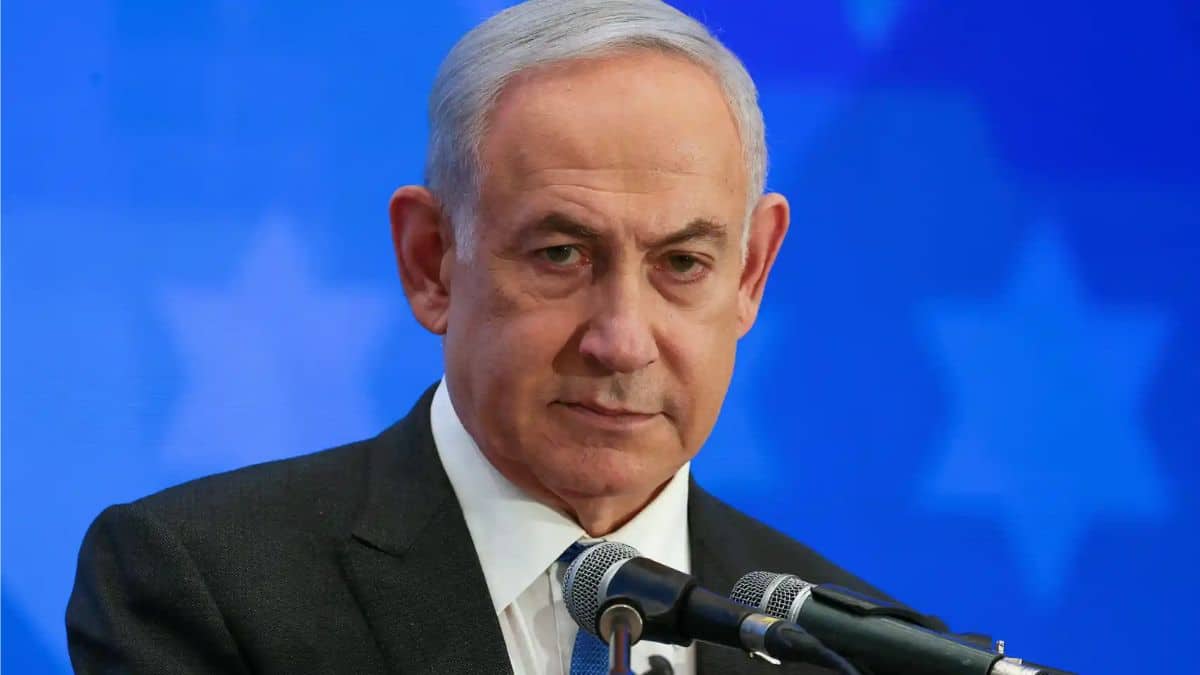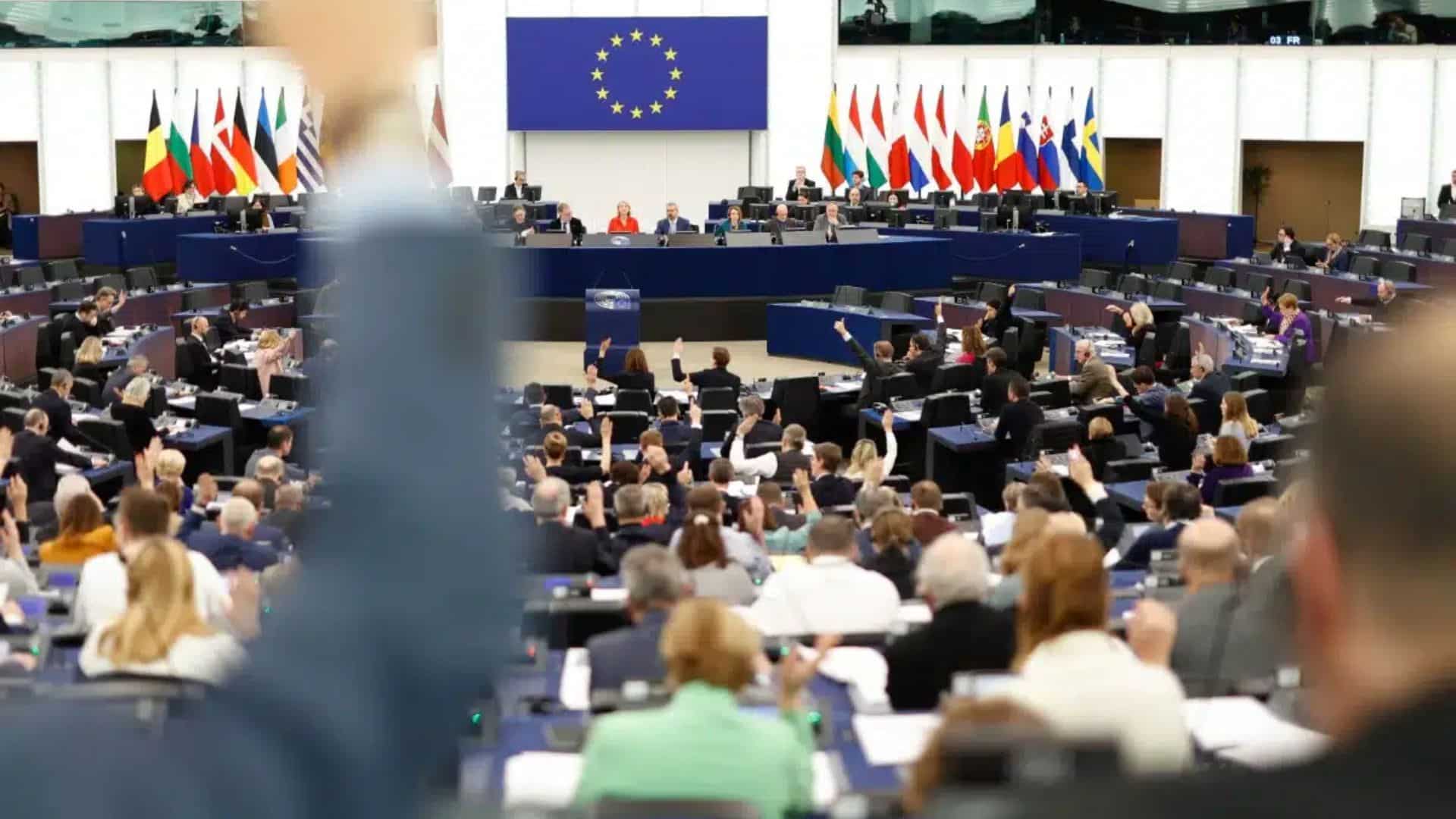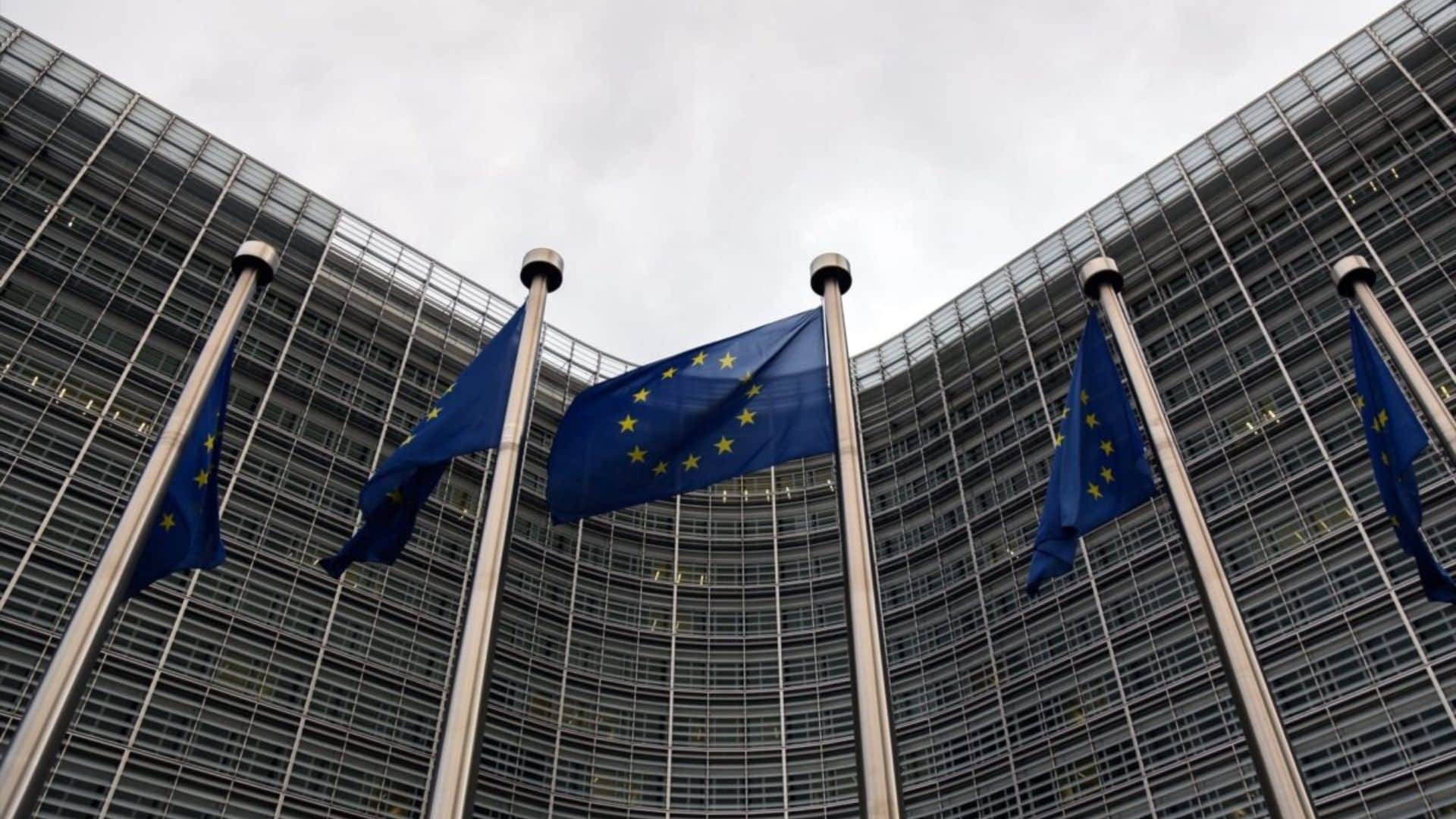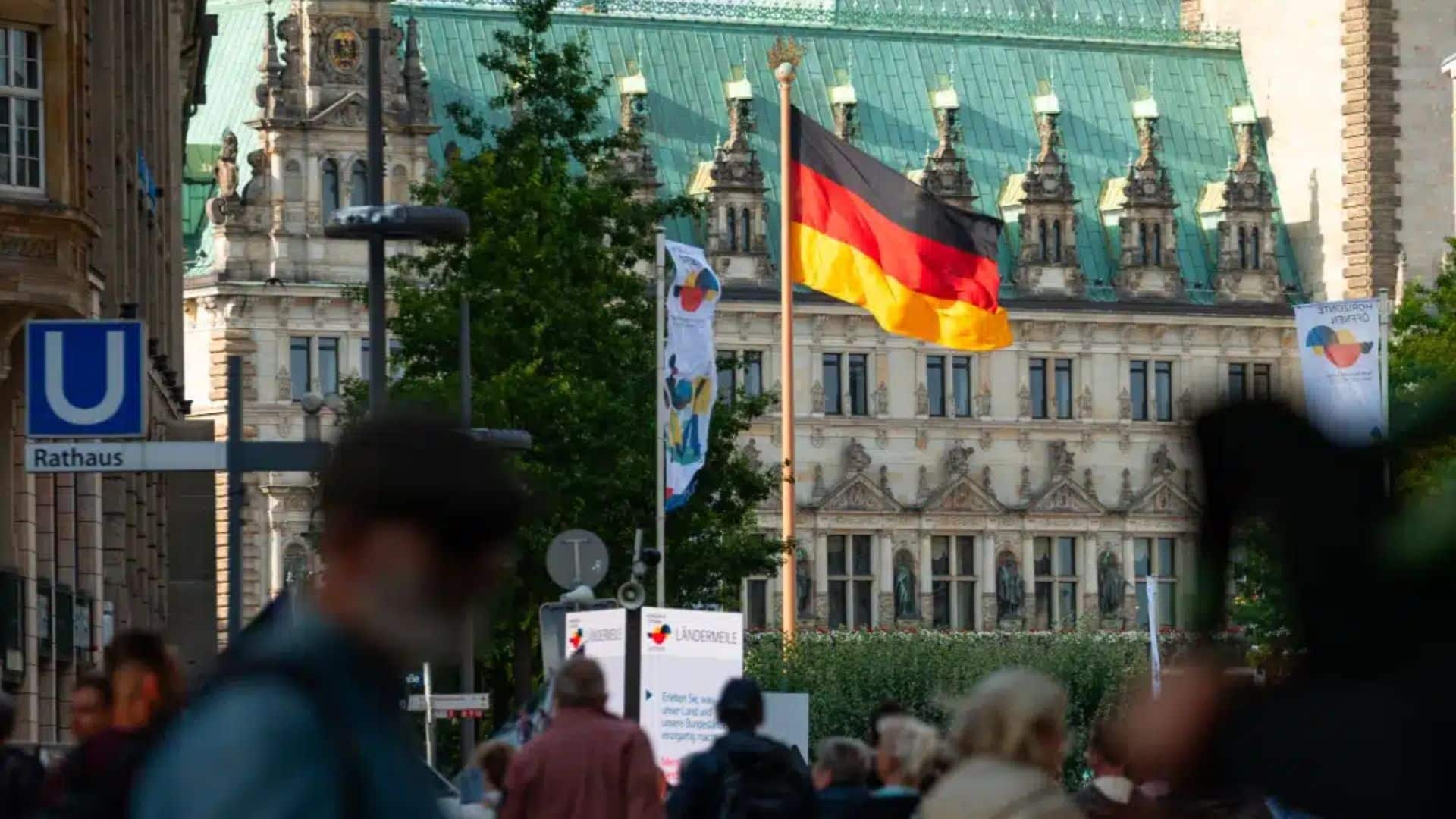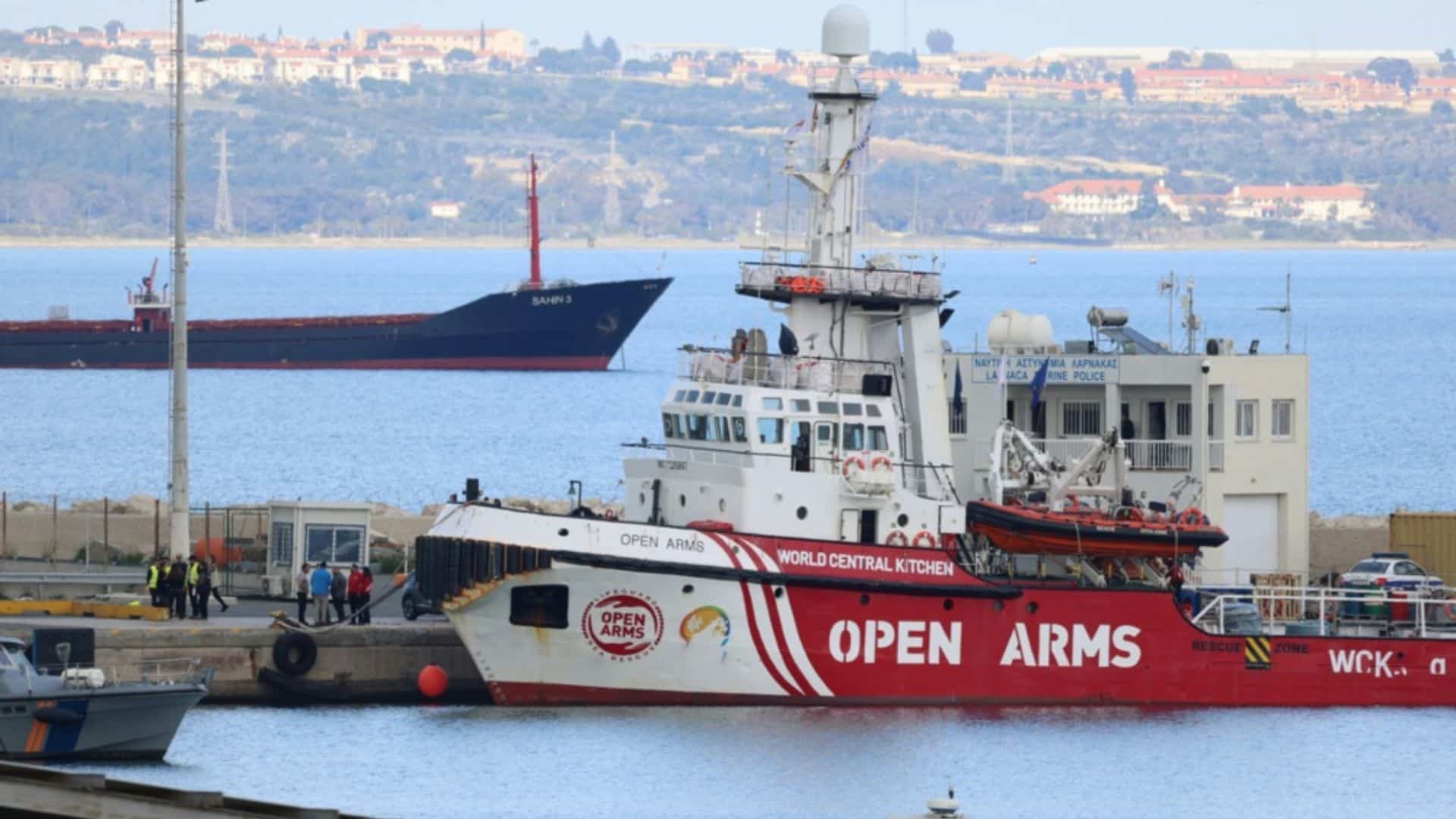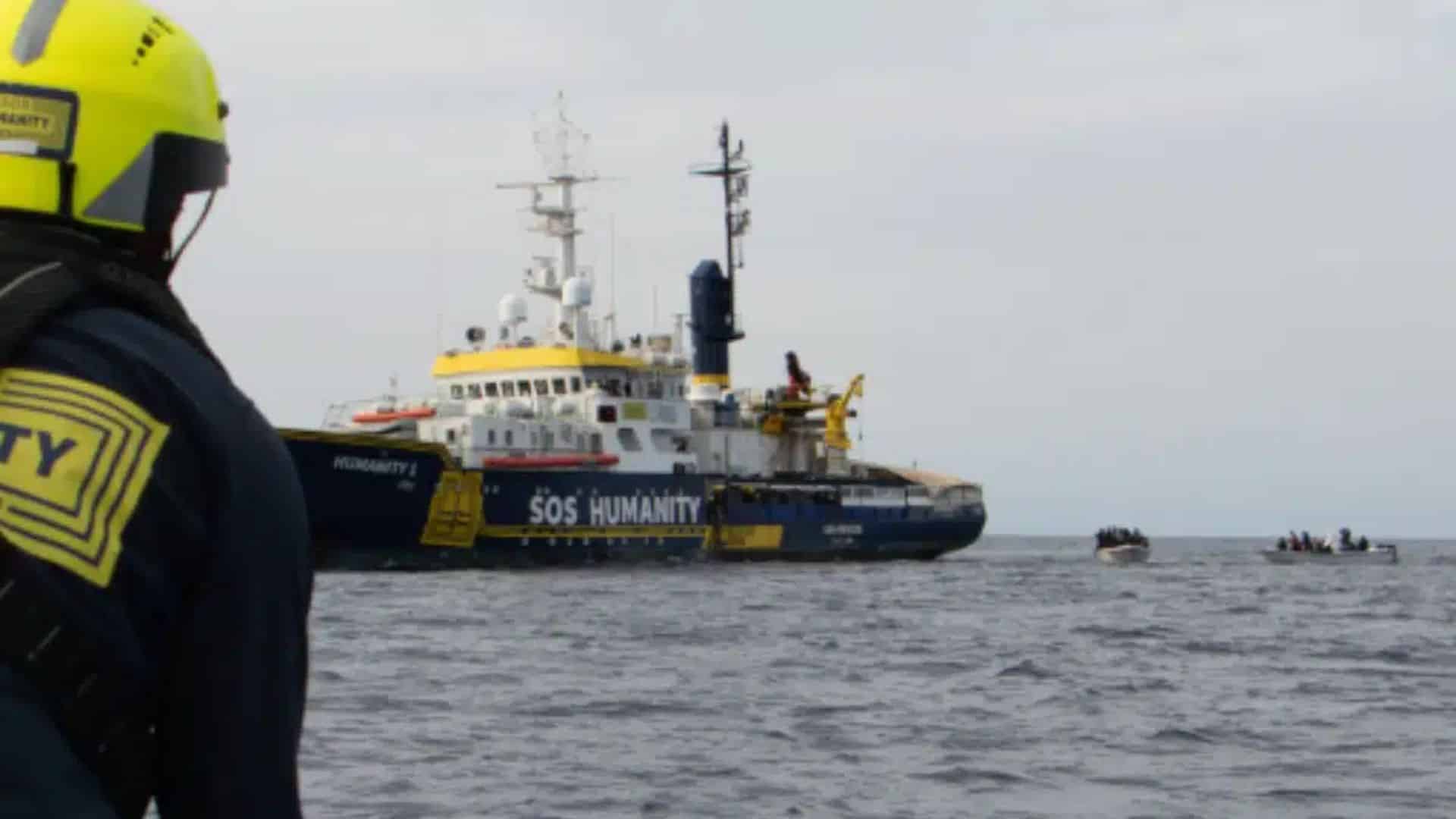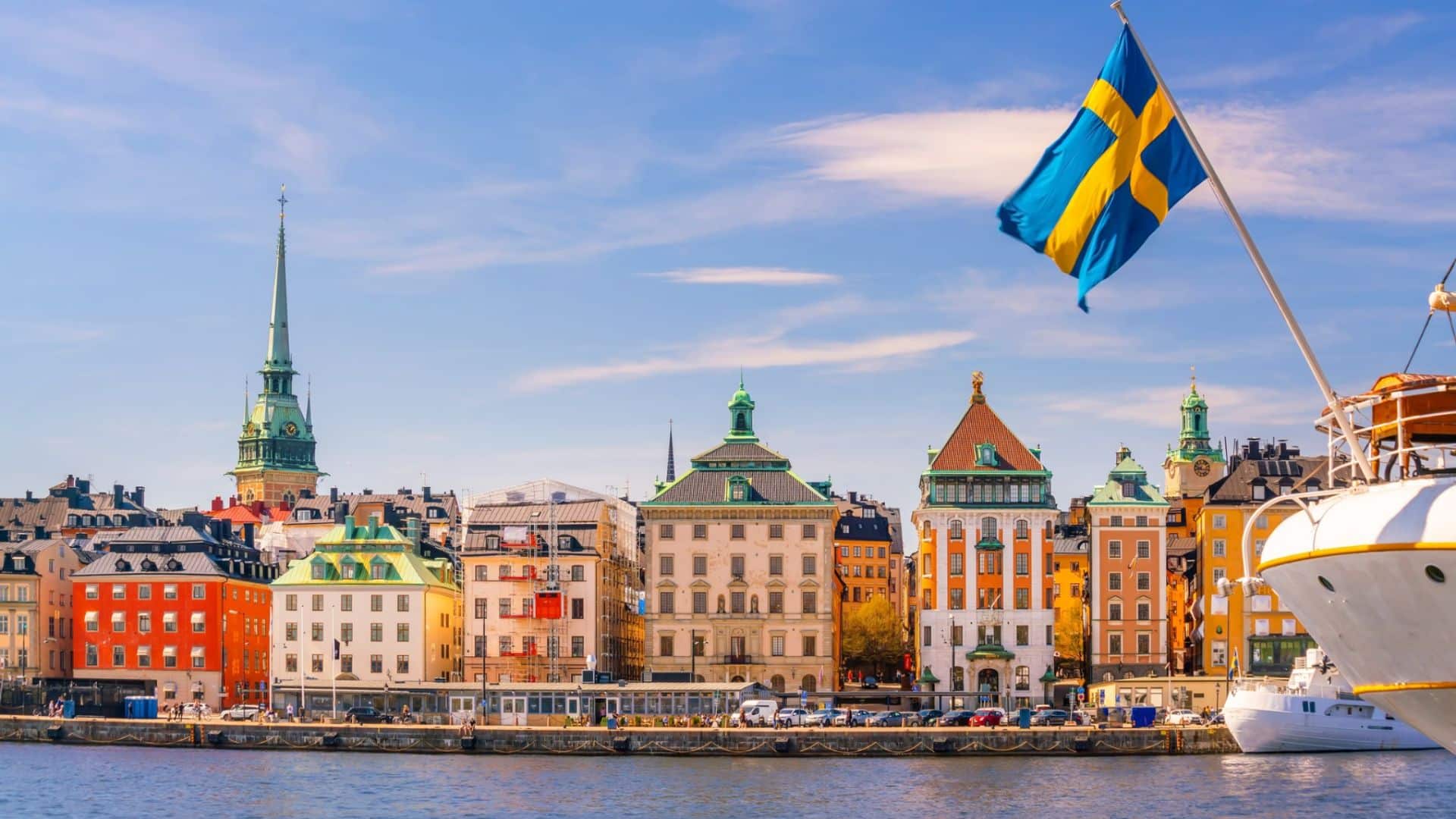
Global Elections Impacting Europe: Focus on Ukraine and Taiwan
In our latest edition of “State of the Union”, we delve into how global elections, particularly in Taiwan and the United States, have significant implications for Europe. The spotlight also falls on the ongoing situation in Ukraine.
As the conflict in Ukraine nears its two-year anniversary, there’s noticeable tension surrounding potential peace negotiations. Ukrainian President Volodymyr Zelenskyy, while in Davos, persuaded the Swiss government to organize a future peace conference, notably excluding Russia. In response, Russian Foreign Minister Lavrov stated that Ukraine won’t dictate the timing of serious discussions and accused the West of disinterest in negotiations.
Meanwhile, Western nations seem to be aligning in terms of increased military support for Ukraine. Various EU countries have pledged further assistance. The European Union is on the verge of approving a substantial 50-billion-euro aid package, moving forward with or without Hungary, which has been obstructing this initiative for several months. Ursula von der Leyen, President of the European Commission, emphasized the importance of securing this funding, either with the consent of all 27 EU member states or if necessary, 26.
The urgency for European support is highlighted by the uncertainty of aid from the United States, currently hindered by political turmoil in Washington. Additionally, the possibility of Donald Trump’s return to the presidency next year raises concerns about the future of U.S. support for Ukraine.
Addressing these concerns, Belgian Prime Minister Alexander De Croo, speaking before the European Parliament, stressed Europe’s need to become more self-reliant and sovereign, especially if the U.S. adopts an “America First” stance again.
However, the U.S. election is not the only one with significant implications for Europe. Recently, Taiwan elected a new president who stands firm against Beijing’s claims over the island. Europe’s subdued reaction to this election raises questions about its apprehension of antagonizing China.
Mareike Ohlberg, a senior fellow at the German Marshall Fund, discussed the EU’s cautious approach towards Taiwan, noting a reluctance to offend China. Despite this, there’s been a noticeable increase in attention towards Taiwan in Europe, with parliamentary and governmental delegations making a record 28 visits to the island last year. Ohlberg highlighted that while Europe may not offer substantial security support to Taiwan, it can signal its interest in the region’s stability and oppose any aggressive changes to the status quo by China.
Regarding the EU’s position on Taiwan, Ohlberg noted that while political recognition remains off the table, there are opportunities for increased cooperation and stronger ties, especially in trade. However, she expressed doubt about imminent bilateral trade agreements due to reluctance from various EU bodies, suggesting that other channels might be explored to strengthen ties with Taiwan.

